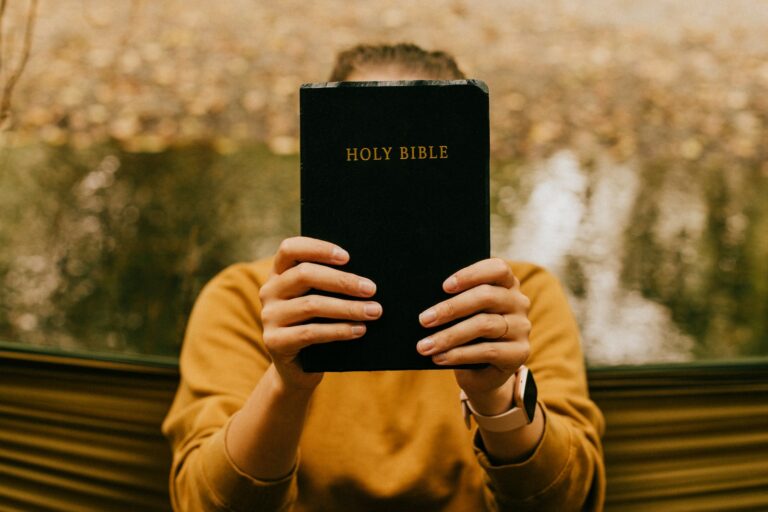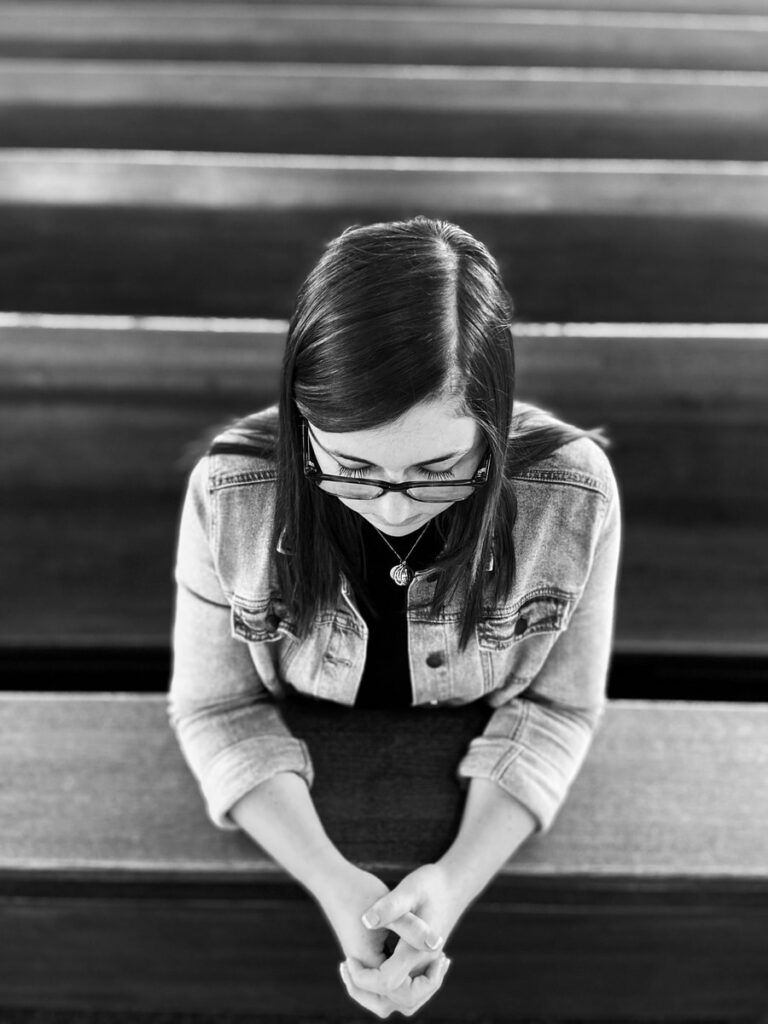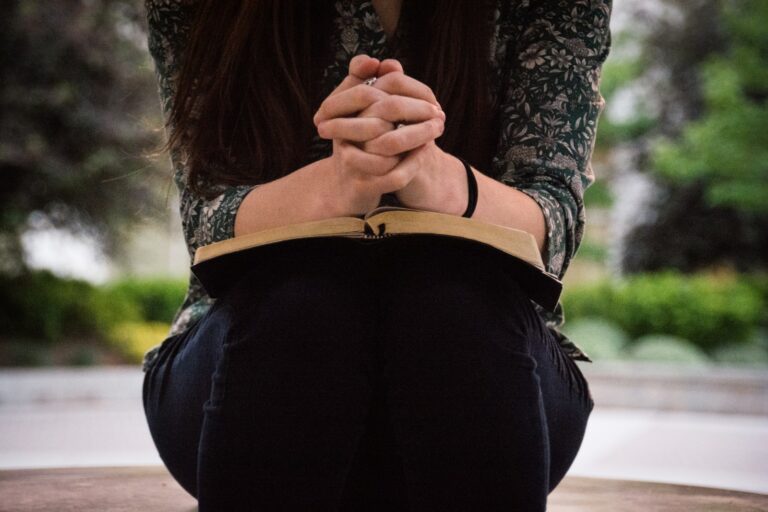Boundaries and Identity: Reflections for Spiritual Direction Relationships
When we think of boundaries, we often think of them as limiting, negative, and even undesirable. Boundaries can be easily associated with prohibitions and constraints.
However, when we think of boundaries as indicating a dividing line that defines a space for something to be, it can dramatically alter our notion of what boundaries are and what they mean for personal relationships.
Using the image of a garden, we can see how each flower has its own space to grow. It is this distinct, defined space that allows each flower to be what it is and not something else. With clear boundaries, each flower and all of the flowers together create a beautiful mosaic of color and variety.
This vivid image can be applied to how we understand ourselves in relation to others as well.
“Be who God meant you to be and you will set the world on fire.” – St. Catherine of Siena
St. Catherine of Siena’s words about being fully ourselves help us to see the connection between boundaries and identity.
If we reorient our understanding of boundaries as defining a space, then we can understand how boundaries are a healthy way for us to know our identity more deeply. When we have space to be our true, individual, unique selves, we flourish into who we are meant to be, allowing us to give ourselves more fully to others around us.
It is this capacity to be a gift of self that allows boundaries to enhance our relationships.
While we are made for relationships and need companionship to thrive, we are called to bring our whole selves to those relationships, and being a self means knowing what defines me and what boundaries allow me to be myself.
In relationships, boundaries are often defined as the line that indicates where one person ends and the other begins. People with healthy boundaries have developed an identity separate and distinct from others and are not overly dependent on others to nurture their personal and spiritual growth.
A relationship with healthy boundaries means the line between persons is easily identifiable. They are independent yet connect enough to make an impact and grow with one another.
Relationships with unhealthy boundaries may involve collapsed boundaries where partners seek to lose themselves in the other or expect their partner to become lost in them.
Similarly, another manifestation of unhealthy boundaries can look like too much distance, where each partner is completely self-contained, having little to no impact or emotional connection with each other. The relationship becomes characterized by rigidity.
This is why healthy boundaries are so important for our own growth and for the healthy and well-being of our relationships. Boundaries are good!
Boundaries help keep us on the road to travel safely from one place to another. They can also help enable us to explore something within a safe zone, enjoying close views without danger or to experience an otherwise unknown freedom. These sure, clear boundaries in place can help us to explore new things and flourish in our humanity as a result.
Additionally, boundaries can help create harmony and engender good order and balance.
Boundaries give space for one’s own true identity to develop and emerge, outlining the contours of each person’s God-given beauty.
Ultimately, they can allow us to become who God calls us to be.
Perhaps the most concrete examples of this relationship between boundaries and identity are in the lives of the saints. Each saint is so different and yet each one developed and stood in the space where they could become their fullest selves, offering something to the world, something unique which no one else could offer. This is true for each and every one of us.
Boundaries and spiritual direction
What do boundaries have to do with spiritual direction?
Healthy spiritual direction relationships should have healthy boundaries as well. These boundaries allow the director and directee to have their own specific roles, which helps the directee grow in his or her own humanity and identity.
We see this modeled for us in the life of Christ.
Jesus too has a specific identity. He was in one place at a one particular historical time during his life on earth.
In the Scriptures, we see Jesus have a clear sense of his role when he says, “Friend, who appointed me as your judge and arbiter?” (Lk. 12:13) in response to a question about brothers sharing inheritance.
Or when Jesus challenges Peter to focus on what he has called him to, and not to focus on others. When Peter asks Jesus about John, Jesus replies, “What if I want him to remain until I come? What concerns of it is yours? You follow me.” (Jn. 21: 21)
These examples provide light on what it means to focus on those boundaries that define our identity and lead to our flourishing.
When it comes to spiritual direction, directors do not know what directees are called to, it is God’s mysterious plan. The director’s defining role is to accompany the directee in deepening his or her awareness of this unfolding plan.
Directors are called to respect the autonomy of the directee and to walk alongside the directee so they can better hear where the Lord is calling. They are to create space so the directee can come to a certain clarity.
Ultimately, the director is called to glorify the Father by being who he or she is called to be in the relationship with the directee, helping the directee grow in his or her identity by being present and allowing the directee to develop his or her own relationship with the Lord and own identity.
These boundaries and characteristics help create clear and defined roles to foster flourishing. Like St. Catherine of Siena, we can set the world on fire by standing in the place where God creates us and giving from that place, not distancing ourselves from others or enmeshing ourselves creating unhealthy codependency.
Boundaries are a way to define and develop an identity so that each person can be who he or she truly is. In this way, a person can set the world on fire bringing the richness of one’s gift of self.
If you are interested in accompanying others as they grow in their identity and relationship with the Lord, learn more about Divine Mercy University’s Spiritual Direction Certificate Program.







